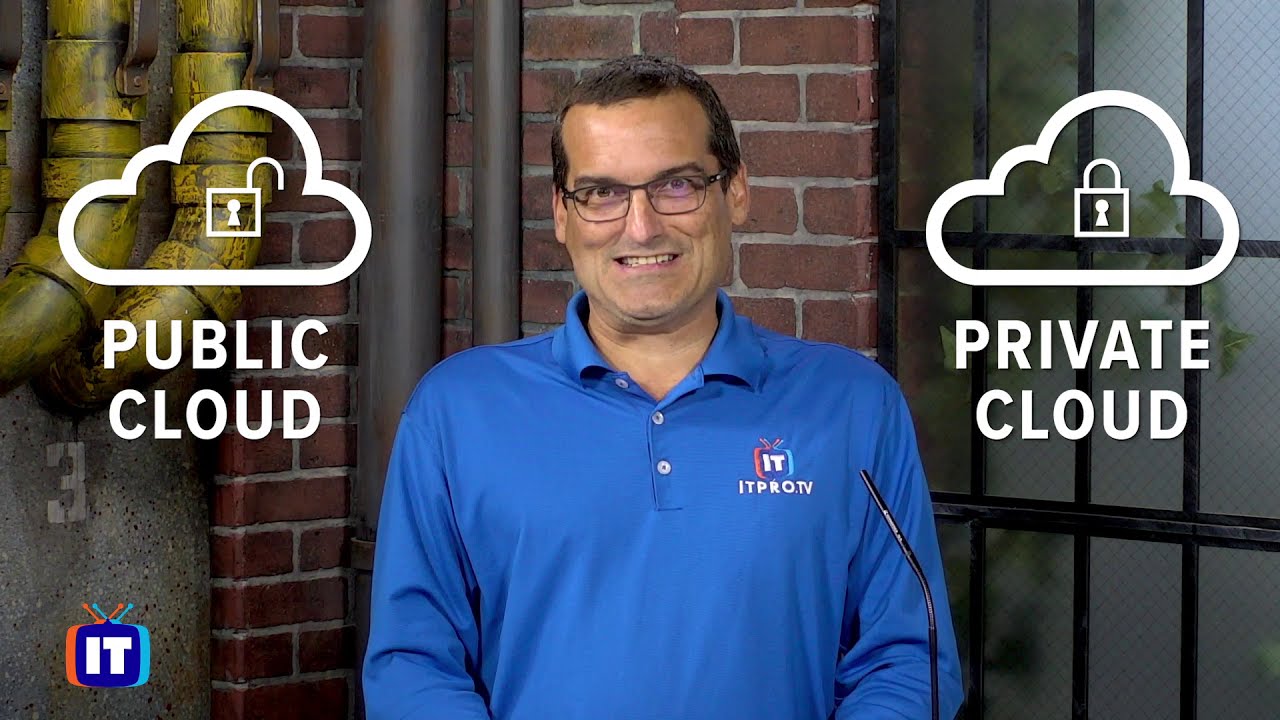

Cloud computing has significantly changed the way businesses operate and is now a fundamental part of modern-day technology. Cloud computing provides businesses with the ability to store, manage, and access data and applications on remote servers through the internet. There are three main types of cloud computing models: private, public, and hybrid clouds. In this article, we will focus on the benefits, challenges, and best practices for private public hybrid cloud computing.

Private public hybrid cloud computing is a model that combines both public and private cloud infrastructures into one cohesive environment. This model allows businesses to use a combination of public and private cloud computing services to meet their unique requirements. In essence, it is a combination of the best of both worlds.
In a private cloud, the infrastructure is dedicated solely to one organization, while in a public cloud, the infrastructure is shared among multiple organizations. A hybrid cloud combines these two models by allowing businesses to leverage the benefits of both while minimizing the limitations inherent in each.



Businesses can use private public hybrid cloud computing to take advantage of the benefits of both public and private cloud models. This model allows them to maintain control over sensitive data and applications while taking advantage of the scalability and flexibility offered by public cloud services.
To use private public hybrid cloud computing effectively, businesses must first assess their needs and choose the right mix of public and private cloud services. They must also ensure that their hybrid cloud environment is properly designed, integrated, and tested before deployment.
One example of private public hybrid cloud computing is Netflix. Netflix uses Amazon Web Services (AWS) public cloud for its video streaming service while keeping its customer data and billing systems in a private cloud environment.
Another example is NASA, which uses a hybrid cloud environment to store and process large amounts of data. NASA uses both public and private clouds to handle its workloads, depending on the sensitivity and complexity of the data.
Private public hybrid cloud computing offers several advantages over traditional cloud computing models. For example, it provides businesses with greater flexibility and scalability while maintaining control over sensitive data.
Compared to private clouds, hybrid clouds offer greater flexibility since they allow businesses to leverage the benefits of public cloud services. Compared to public clouds, hybrid clouds provide better security and compliance since sensitive data can be kept in the private cloud.
Private public hybrid cloud computing offers several benefits, including scalability, flexibility, cost savings, improved security, and improved performance.
Private public hybrid cloud computing differs from traditional cloud computing models by combining both public and private cloud infrastructures into one cohesive environment.
Businesses can ensure security in a private public hybrid cloud computing environment by implementing appropriate access controls, encryption, and monitoring. They can also use automation tools to manage security tasks more efficiently.
Examples of private public hybrid cloud computing include Netflix using Amazon Web Services (AWS) public cloud for its video streaming service and NASA using a hybrid cloud environment to store and process large amounts of data.
Challenges of private public hybrid cloud computing include complexity, security risks, cost management, integration challenges, and governance and compliance.
Private public hybrid cloud computing provides businesses with a flexible and scalable environment that combines the benefits of both public and private cloud models. However, deploying and managing a hybrid cloud environment requires careful planning, management, and expertise. By following best practices and addressing challenges such as security, cost management, and integration, businesses can take full advantage of the benefits that private public hybrid cloud computing has to offer.